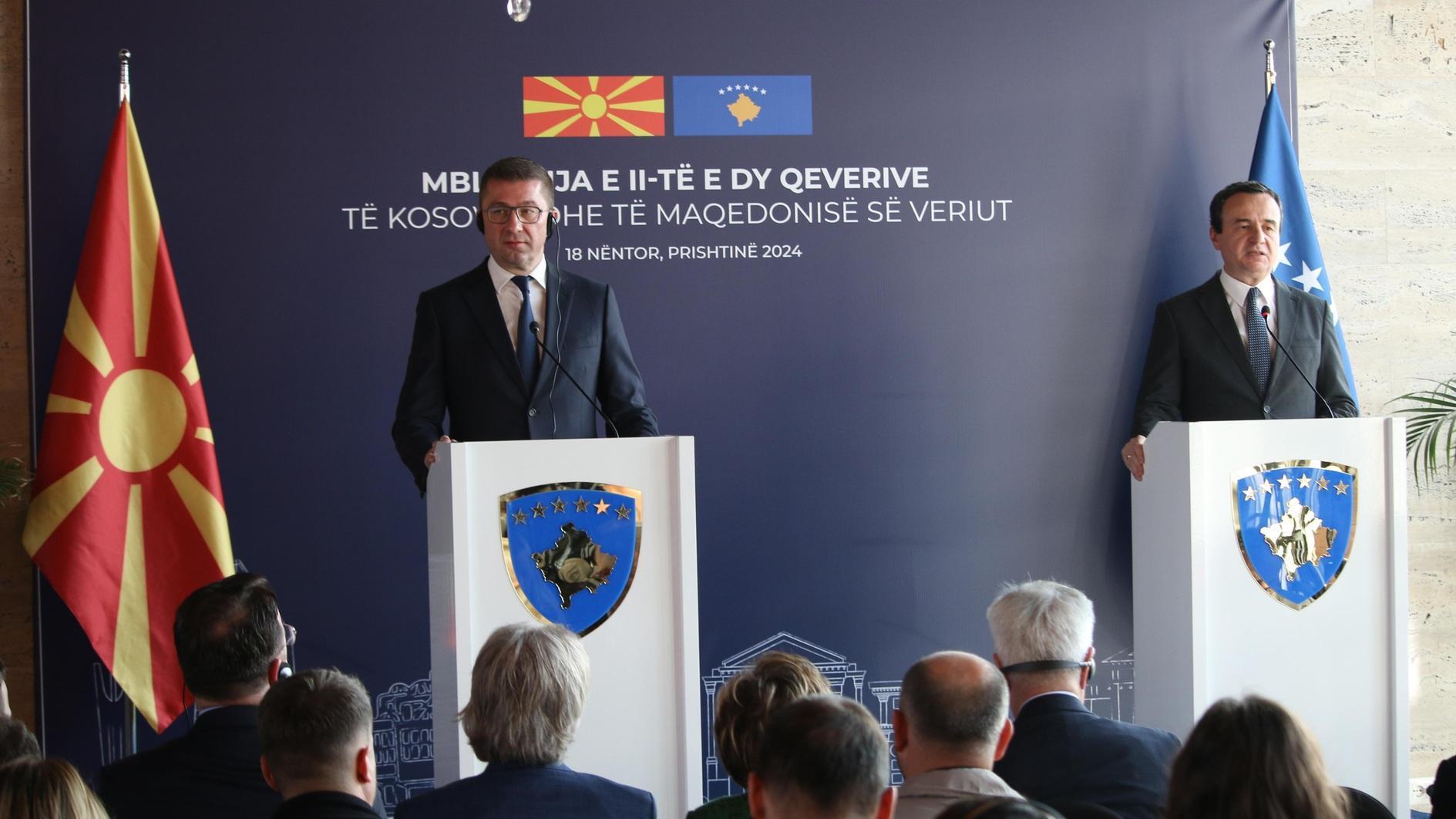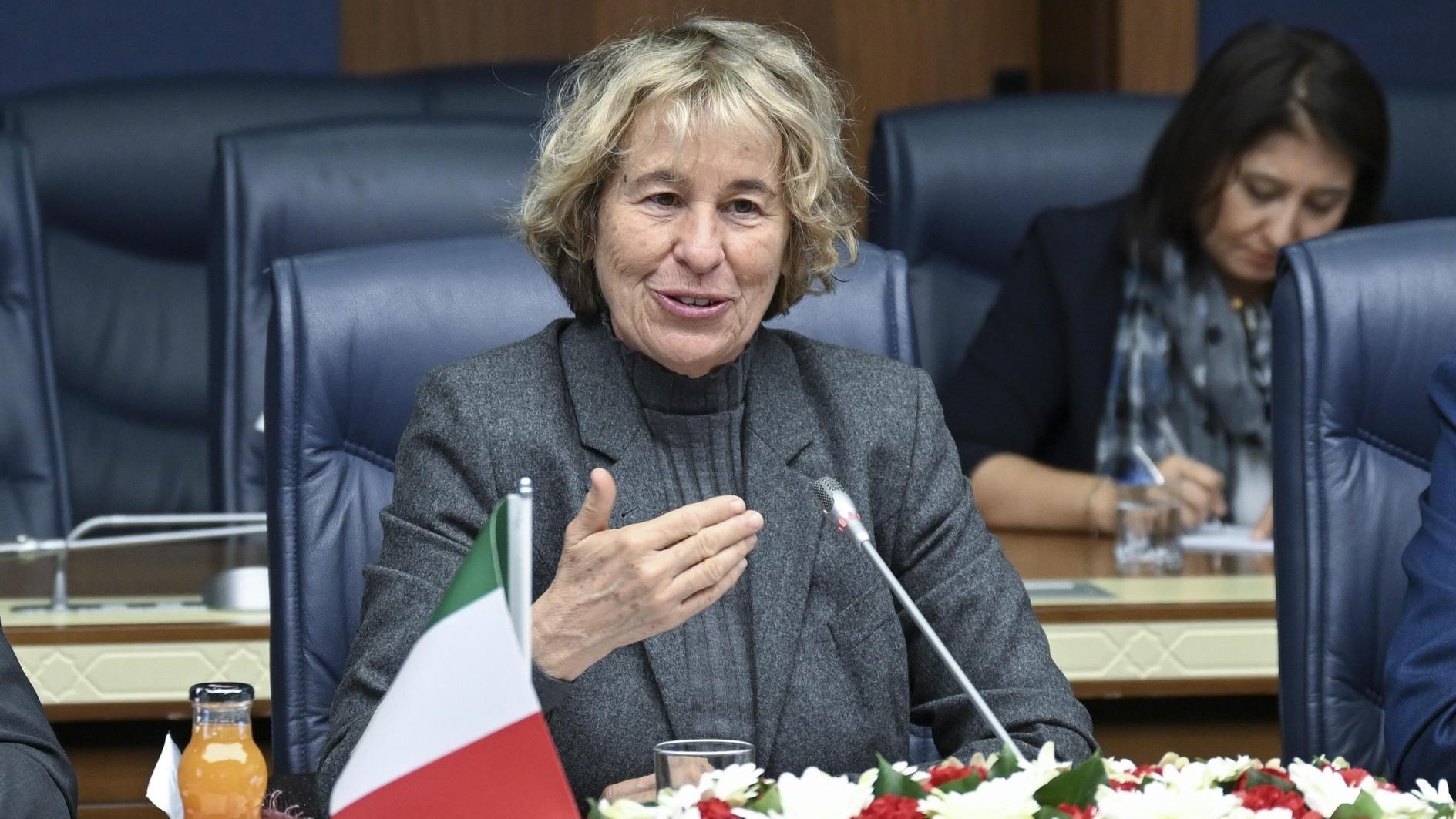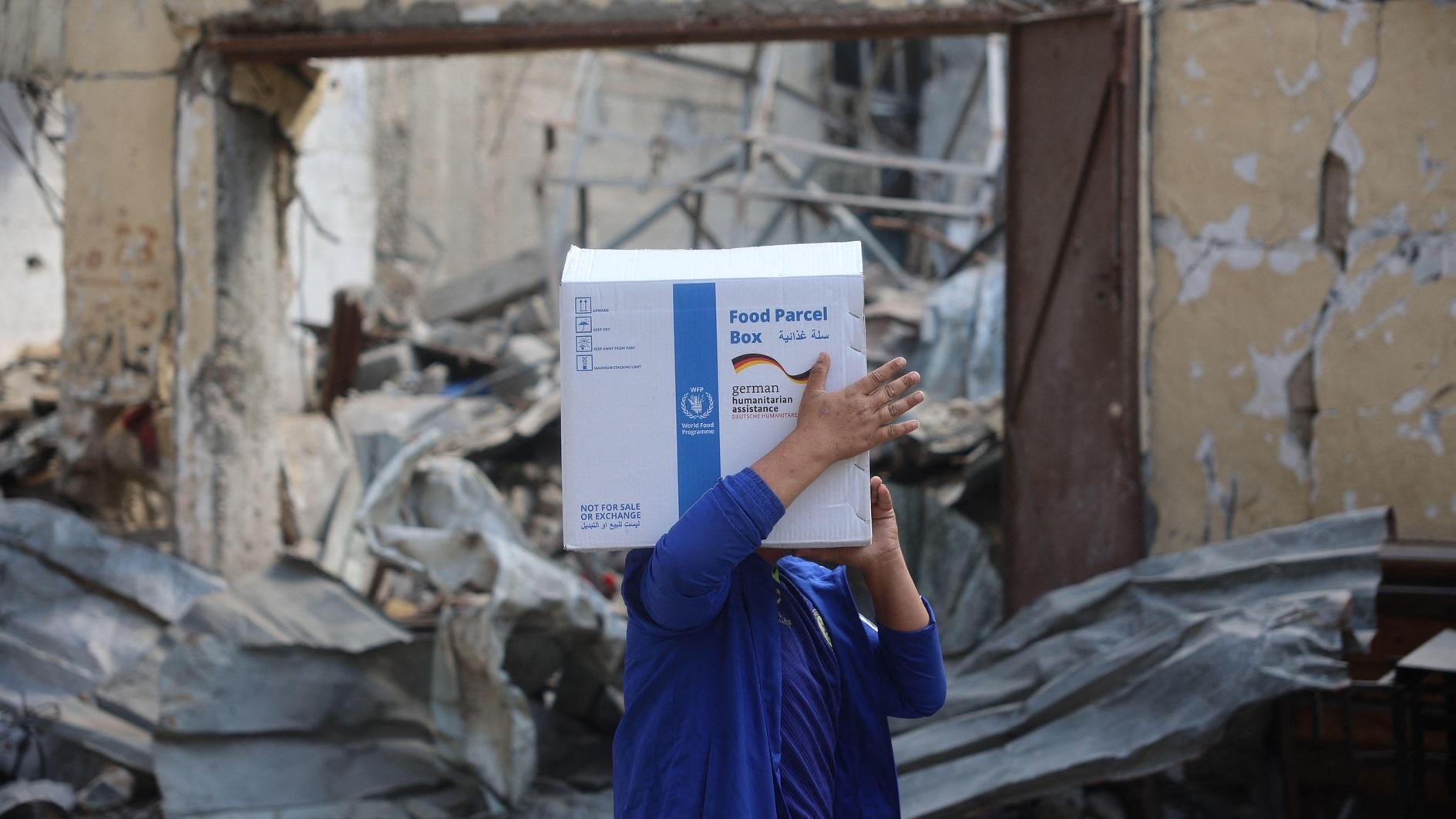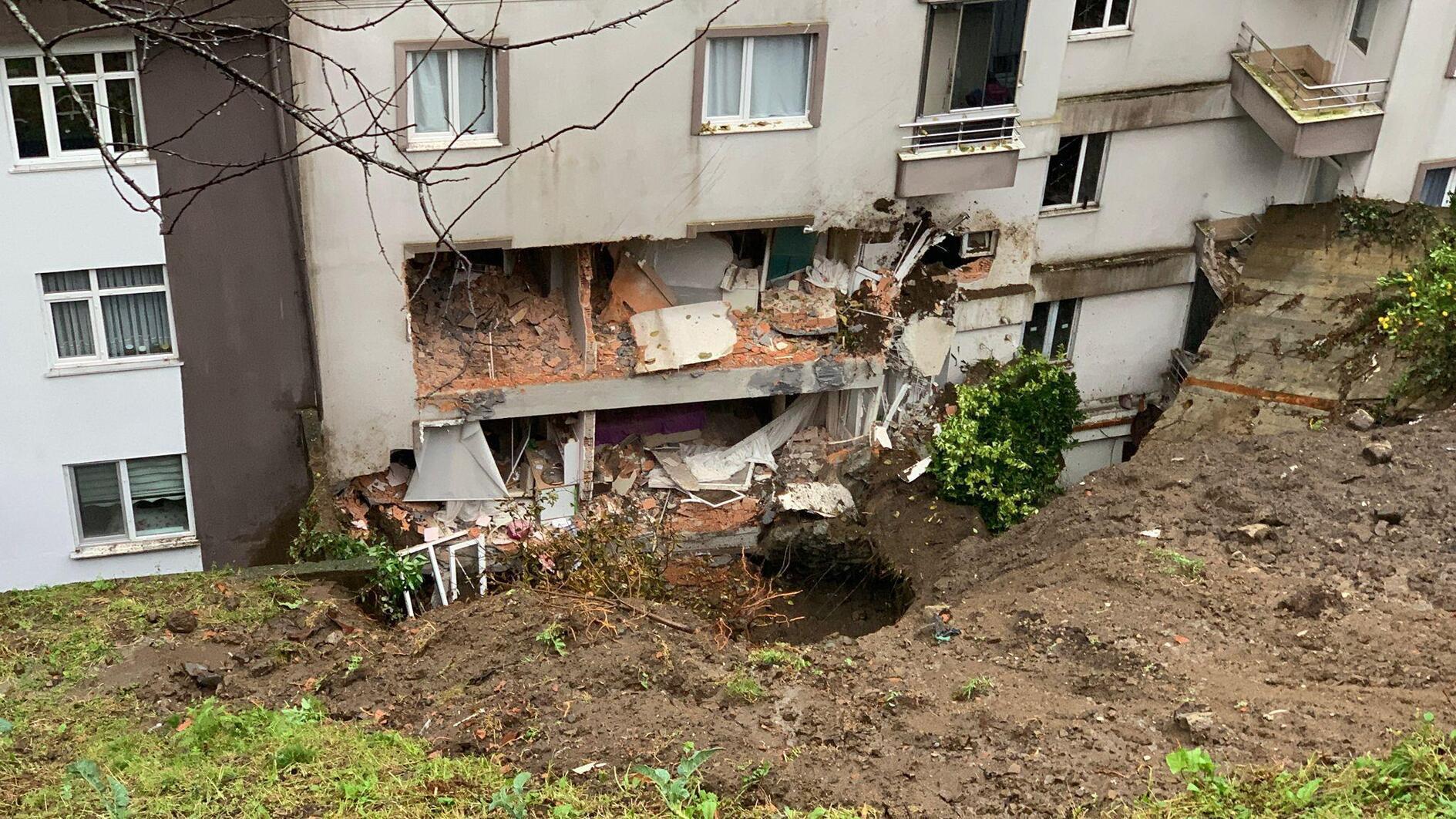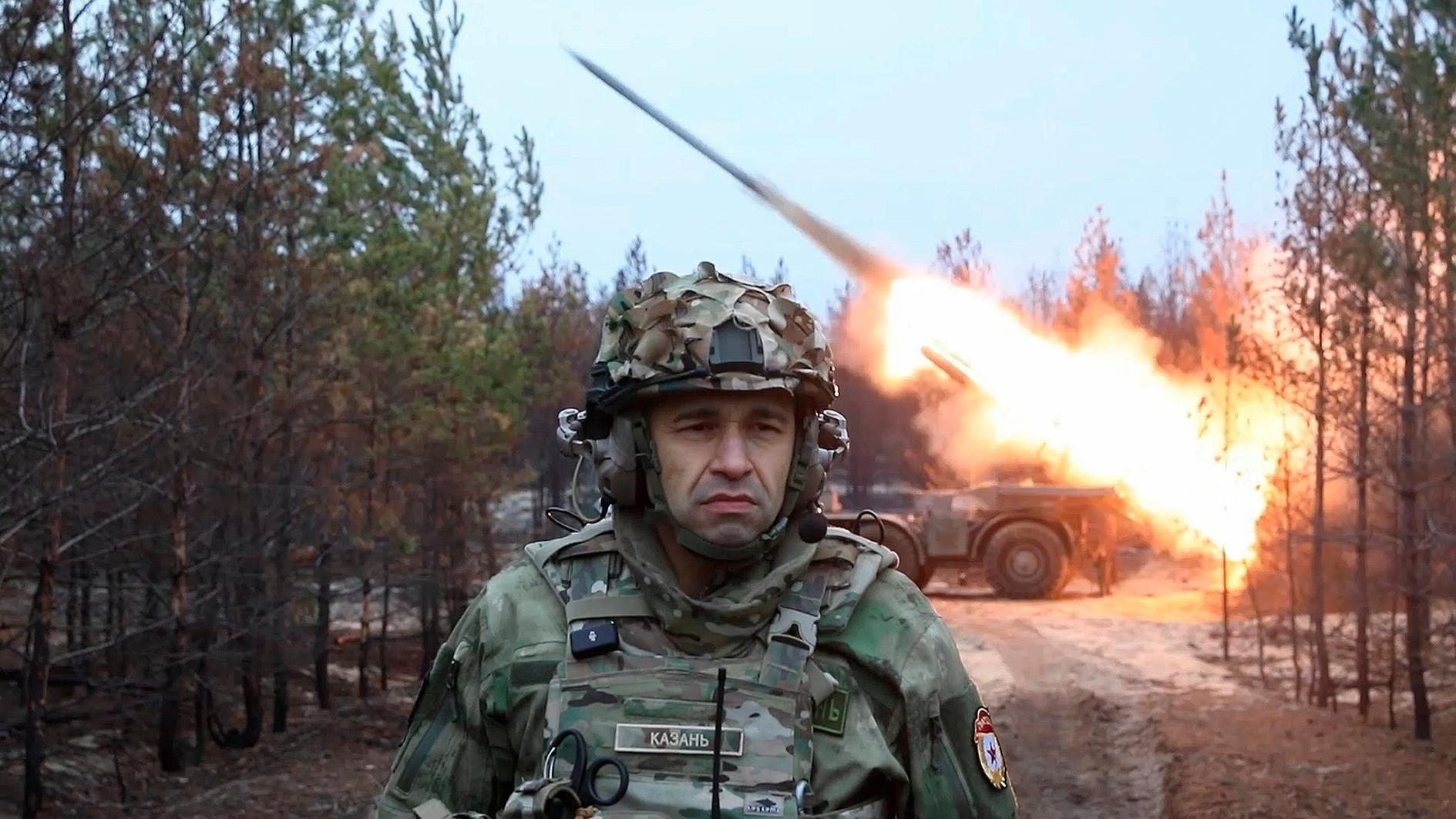What’s behind the Turkish-Russian trade wars?
In his most recent in-person meeting with Russian President Vladimir Putin on March 10, 2017 in Moscow, President Recep Tayyip Erdoğan expressed his wish to no longer use the term “normalization” in reference to Turkish-Russian ties, in a bid to emphasize that bilateral relations have returned to their state before Nov 24, 2015, when Turkey downed a Russian jet on the Syrian border.
There was a recent for Erdoğan’s call: Despite the fact that the two countries ended months of coldness in ties after Turkey officially sent a letter to express regret over the incident in late June 2016, and the fact that intense diplomatic traffic had been carried out between the two capitals launched since then, Moscow was hesitant about removing sanctions imposed on Turkish trade and in easing visa restrictions.
Hopes were high for Erdoğan-Puting meeting in March but it has not produced any concrete results. It has been announced that the two leaders will come together again on May 3 in Sochi to discuss both regional issues and lingering bilateral problems.
Although Putin promised in March, Moscow has not taken any steps to ease visa procedures for service passport holders and Turkish businessmen, as well as removing restrictions for Turkish companies to employ Turkish nationals in their investments in Russian territories.
Since the normalization process began, Russia removed sanctions on only nine agricultural products out of 23, while strict restrictions on the export of tomatoes, cucumbers, etc. are still in place. Turkish agricultural exporters are suffering hundreds of millions dollars in losses due to ongoing sanctions.
In an indirect retaliation, Turkey imposed taxes on the wheat imported from Russia, making the trade nearly impossible. Instead, there are talks with Ukrainian exporters to compensate Turkey’s wheat needs.
A Russian senior official told the media on April 21 that sanctions on Turkish goods will not be removed until taxes imposed on Russian wheat are removed, while there are reports that Moscow was planning to introduce new restrictions on Turkish citrus fruit products.
However, worse may come. Russian air companies have been urged that charter flights to Turkey could be stopped due to probable security and instability problems in the country, in a clear sign and warning to Ankara that the Russian tourist flow may stop in the coming days.
Turkey rushed to deploy a high-level delegation under Deputy Prime Minister Mehmet Şimşek to Moscow right after the referendum in Turkey but it did not help resolve bilateral economic problems.
As for Turkey, the government currently seems to be OK with advancing talks for the purchase of the S-400 ballistic missile system from Russia, despite the fact that it could never be integrated with NATO’s system.
Even if this project did go ahead, it alone will not be enough to sustain a healthy trade environment between the two countries.
That is why all eyes have now turned to Sochi, where Putin and Erdoğan will meet once again amid expectations that they will now come up with a concrete breakthrough. But this will not be an easy process because - besides economic reasons - tension between the two countries overwhelmingly derives from the situation in Syria, where the respective positions of the two countries are getting once again growing apart.
There are signs that Turkey has come to an end of its “tactical rapprochement” with Russia in Syria after it made clear that it will exert efforts to work with the Trump administration in the Syrian theater, despite ongoing disagreements over the role of Syrian Kurdish groups. The Syrian army’s chemical attack on civilians in Idlib accelerated this line between Ankara and Washington, which also prompted a one-time American military action against the Bashar al-Assad regime.
What’s more, Ankara has vigorously revived its enduring ambition to oust al-Assad from power with the U.S., France and other leading Western powers, to the contrary of the Moscow Declaration signed by Turkey, Russia and Iran in late December.
All these developments are serious enough to annoy Moscow, which has already rolled up its sleeves against the Trump administration over the Syrian crisis.
Russia’s continued strategy of blocking the full normalization process with Turkey is an open message to Ankara that it can further target its weakest points, particularly tourism and trade. It is now clear that the relationship between Turkey and Russia will not return to the level it was at before Nov. 24, 2015, as conditions will not allow either side to pursue a more pragmatic option when it comes to business and trade.



